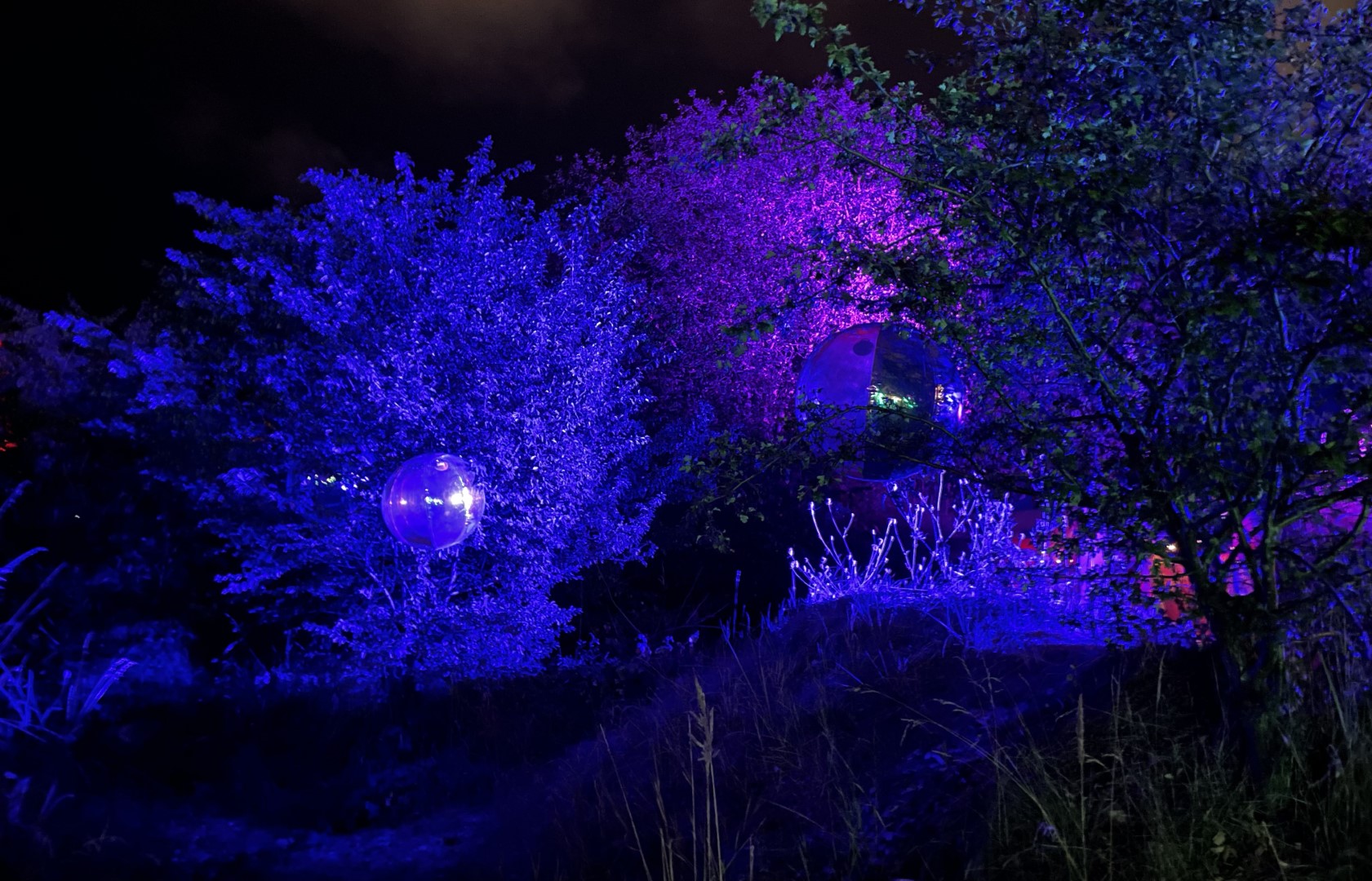
ABOUT FESTIVERSITIES
This project is a study of music festivals as potential public spaces affording encounters with diversities. The original research questions ask:
- how do music festivals produce a social space where histories, identities, and publics are seen and heard?
- how are cultural encounters consumed and understood in the context of music festival spaces?
- in what ways can music festivals work to promote social inclusion?
Working collaboratively with local and EU partners, our main challenge is to understand the coordination, representation and negotiation of cultural diversities in the context of music festival spaces. This challenge was made even more critical in the context of the COVID-19 pandemic.
The COVID-19 pandemic is more than a medical and scientific challenge with devastating economic impact. It is a challenge to social participation, personal and community well-being, and the sustainability of cultural infrastructures. In all, it has demanded massive changes to the organisation of daily life and required huge personal and community sacrifice and cost. At a personal level, it is not just the threat of the virus, but the loss of contact with friends, family, and the pleasures of participating in social and cultural activities with fellow citizens. In this sense, COVID-19 has made the study of the construction of and participation in public spaces more urgent.
Amongst the many things it has cancelled, music festivals, public events, and other festivities are the most emblematic and largest in scale. This cancellation of festivals and events is highly relevant to local economies, live music ecologies and the broader cultural industries, and is a symbol of the loss COVID-19 has induced at a wider scale. Their absence not only references COVID-19 as a cultural trauma, but it reminds us precisely of what we miss as social beings- being together, having fun, and communing with others in public settings. And, this absence also effects communities differentially, and hence effects spaces, participation, and representation differently.
With most of our festivals either cancelled or offered online between 2020 and 2021, the idea of ‘public spaces’ needed rethinking, conceptually and methodologically. From March 2020, music festivals abruptly transformed from (semi-)public spaces of consumption, leisure and pleasure to pathologised spaces. Across all of the project’s research settings (Denmark, Ireland, Netherlands, Poland and the United Kingdom), festivals were symbols of the hope for collective gathering, hedonistic pleasure, and summer experience more widely. Festivals were required to ‘pivot’, ‘creatively respond’, ‘innovate’, and ‘remake’ themselves. We asked, how did they do this, but more importantly, what contradictions and tensions did this period of radical uncertainty expose or instigate?
The research team maintained their working partnerships with a total of 15 prominent music festivals in their national settings throughout the pandemic. From the onset of the pandemic, we conducted interviews with festival directors, music bookers, designers, and festival logistics staff. Throughout this time, we continued with the longitudinal, ethnographic research by undertaking additional interviews with festival directors and engaging with festival audiences. We carried out further observational research at festival events (both live and virtual or hybrid) where possible. The team documents the way audiences and organisers creatively respond to festival cancellation and made new spaces for social interaction. Additionally, we explored how festivals are remembered and celebrated, and how festival organisations and workers deal with threats to their industry and jobs, and public leisure spaces more generally. In all, in the context of our ongoing study of music festival spaces, the study embraced the theme of re-making inclusive, viable music festival public spaces in the wake of losses caused by the global pandemic.

